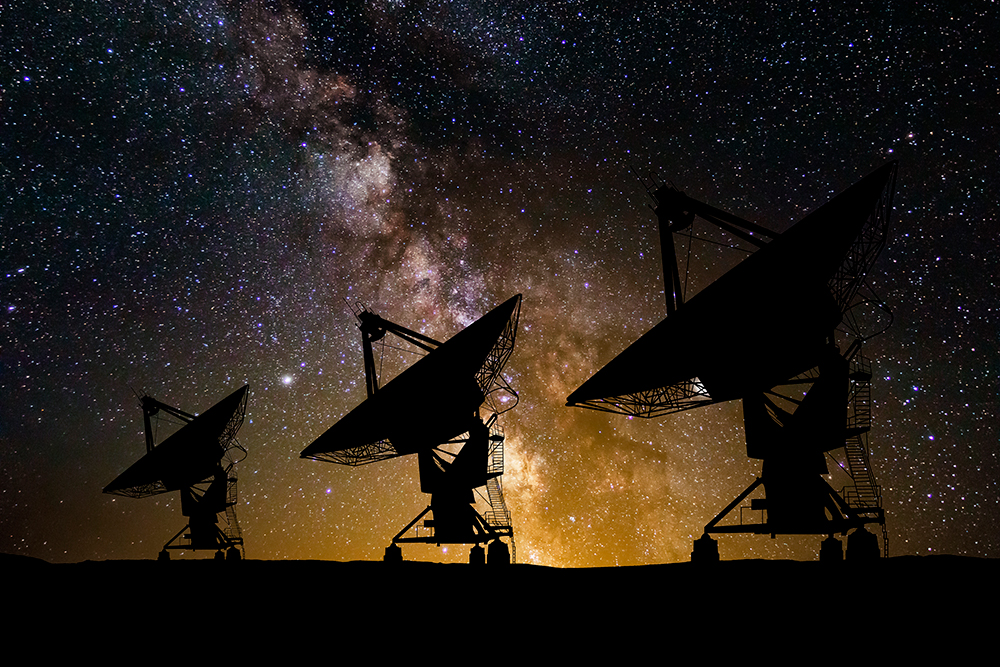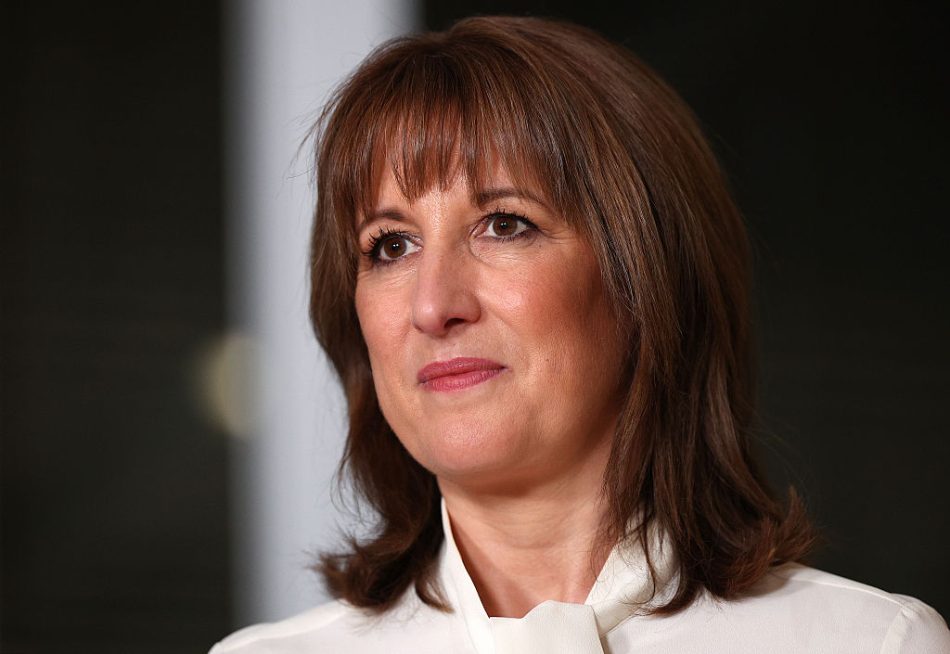The podcasts I’m recommending to everyone at the moment are Nasa’s Curious Universe and the Royal Astronomical Society’s The Supermassive Podcast. Both have me convinced there’s no topic better suited to the oral medium than space. Not even history.
Unless you happen to be an astronaut, you’ll find much of what is described so alien, that your imagination will go into overdrive. What does a Brown dwarf look like? What is the ‘tadpole’ orbit of a quasi-moon? The icy surface of Europa has red furrows which make it look like ‘a giant dragged its fingernails’ across it. How did those furrows get there? You will probably find the images summoned in your head offset the urge to reach for Google. The experience is exhilarating and strangely comforting – like seeing a new world through the eyes of a baby.
Nasa’s is the slicker of the two. It is now in its eighth series and has dropped down from an episode a week to one a month, which is understandable given the depth of research and level of scripting. The regular hosts, Padi Boyd and Jacob Pinter, are an astrophysicist and audio producer respectively, and are joined by people with some of the most interesting job titles I’ve ever heard.
Recently, it was the turn of a ‘hurricane hunter pilot’ to describe his work, which principally consists of flying directly into storms to gather data. We joined Dean aboard Kermit, one of the aircraft used in Florida (another is named Miss Piggy and there’s also Gonzo, which is proof that meteorologists can be fun). The ‘next-level turbulence’ might have been expected, ditto the lightning, but the most madness-inducing element transpires to be rain. Imagine the sound of it on a tin roof and times that by a hundred. A pilot is typically subjected to that for three to four hours, ‘which exhausts you’.
In another episode we revisited the moment an asteroid passed into the Earth’s atmosphere in 2013, injuring more than a thousand people in the Ural region of Russia. The incident, which had not been foreseen, presaged the use of a ‘wide-field infrared survey explorer’ (Wise) to track every possible near-Earth object. Apparently, an asteroid only has to come within five million miles of our orbit to pose a risk. The pull of gravity and ‘proton pressure’ from the sun can alter its course over time. It is not surprising that scientists form emotional attachments to their lifesaving telescopes. The first one used for this purpose was given ‘a memorial party’ when it was decommissioned.
The Supermassive Podcast is more didactic in tone but charming and a good place to start your space voyage. It will tell you how stars are born and what the universe looks like in three dimensions. I am an amateur, but the descriptions seem to go beyond the basic facts. The introduction to the birth of stars, for example, segues into a discussion of why some stars are big and some are small. We learn that the most massive stars are nearly always formed in twos. The hottest are blue and the coolest ones red. The image of the universe as a giant web of galaxies hanging in clusters like grapes off a vine is imprinted on my mind.
Hurtling back to Earth, there are some interesting insights into the fabric of Westminster in Tales from the Green Benches: An Oral History of Parliament. Clips from archived interviews which form the basis of this podcast include Jenny Tonge likening the place to ‘a crumbling old Dracula’s castle’ devoid of windows on to the outside world. The mice in the tea rooms and the moths clearly did not delight her. Strangers’ Bar made an even worse impression on David Hinchliffe, who in 2013 described the frequent sight of MPs rolling on the floor mid-fight.
The hosts of the podcast pull out some memorable snippets on members’ experiences of entering parliament in the first place. Timothy Kirkhope recalled an interview in which he was asked which clubs he was a member of and whether he had an interest in polo. Michael Heseltine described himself as having many of the credentials normally associated with Conservative candidates, namely an attractive wife, a family and an ‘acceptable’ background.
It is a pity that the podcast is broken up by so much commentary. Something more creative could have been made with this material, of which we hear too little. More clips layered together across time could tell a bigger and more engrossing story. At present, the topics are too rigidly and academically organised. One longs to get just a little lost in space.







Comments